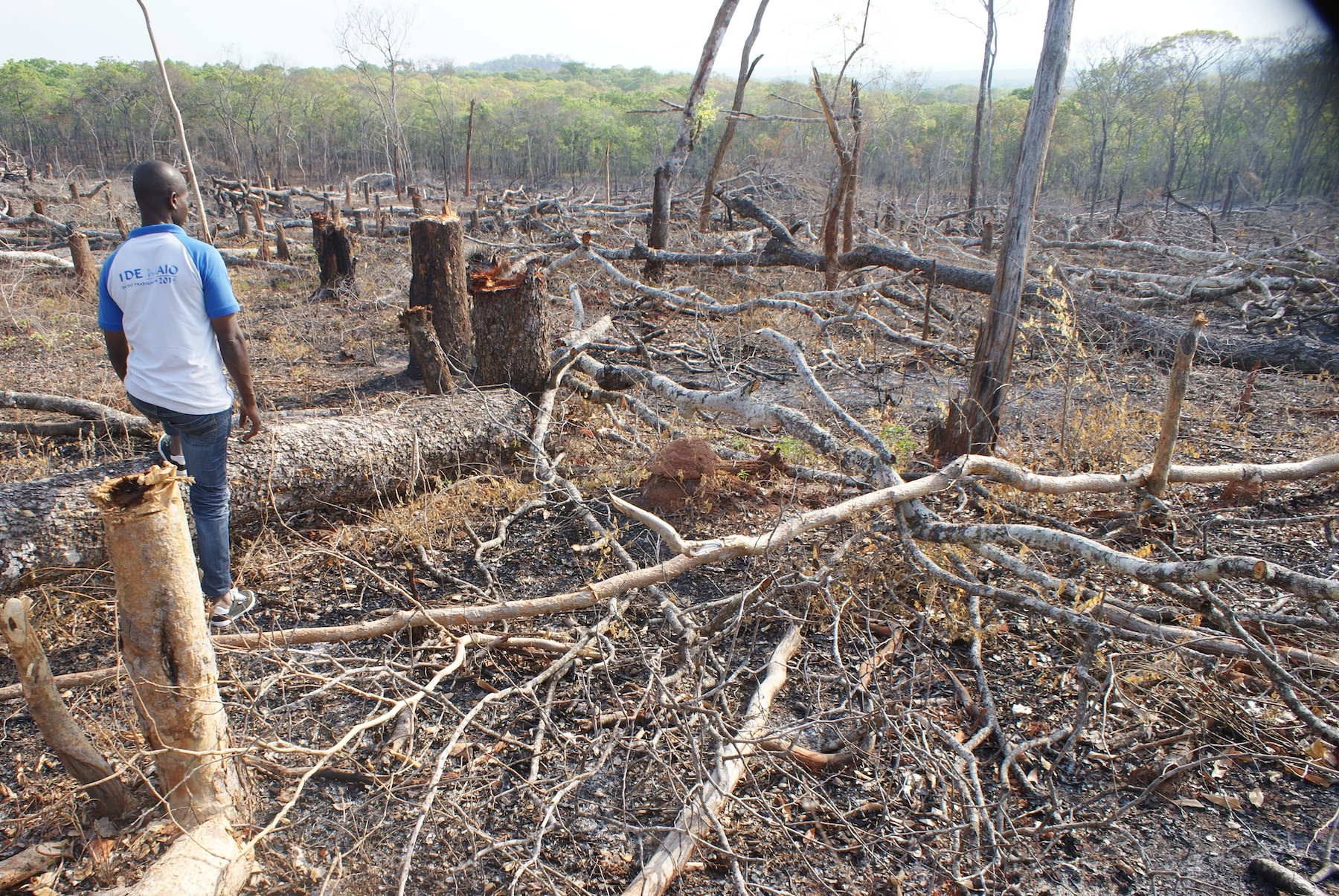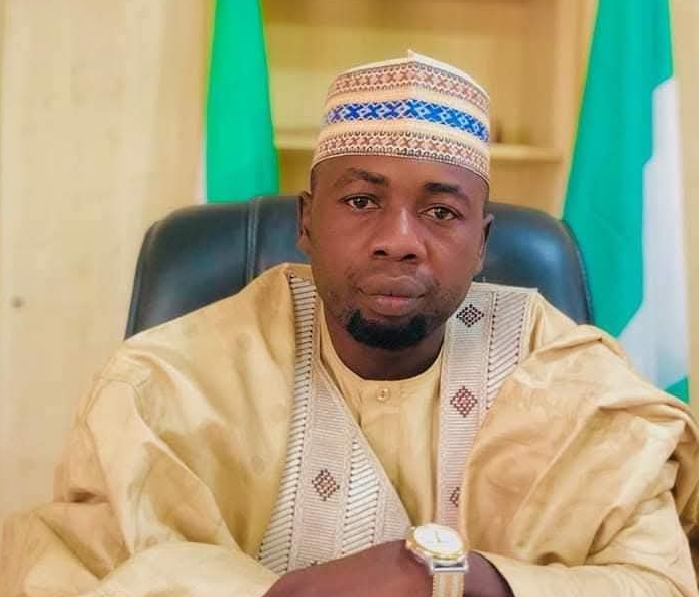
By Trésor Daniel Mefire
Bamboo, long dismissed as “poor man’s timber,” is emerging as Cameroon’s secret weapon in the fight against climate change and deforestation. With its rapid growth rate and exceptional carbon absorption capacity, experts say this versatile plant is poised to reshape the country’s construction industry, restore degraded landscapes, and boost rural livelihoods.
According to researchers Trésor Daniel Mefire, Mansour Boukar, Ayuk Becky Enow, and Mbua Augustine, bamboo significantly outperforms traditional trees in carbon sequestration.
“In Ethiopia, bamboo plantations absorb 17 tonnes of CO₂ per hectare annually, nearly three times more than mature forests,” the researchers state in their report, Unlocking Bamboo’s Potential: A Sustainable Future for Cameroon and Africa.
In Cameroon, bamboo’s ability to rehabilitate degraded land is already proving effective. The TRI Project, an initiative promoting large-scale bamboo restoration, estimates that such efforts could offset 188,800 tonnes of CO₂ annually.
Beyond its environmental benefits, bamboo is also making waves in sustainable construction. With a tensile strength surpassing steel and a carbon footprint 70% lower than concrete, bamboo is being embraced as a cost-effective alternative to traditional building materials.
“In Douala, bamboo is replacing steel reinforcements in low-rise buildings, reducing construction costs by 30%,” notes the report.
This affordability is crucial in a country where imported timber remains costly, pricing many communities out of quality housing solutions.
Bamboo is also becoming a lifeline for rural communities. Cameroon’s TRI Project has reintroduced bamboo to 1,500 hectares of degraded land, creating jobs and providing new sources of income.
“Bamboo guarantees my retirement and my children’s future,” says Papa Fouda Zacharie, a local farmer now selling bamboo for construction in Yaoundé.
Currently, the bamboo industry employs over 5,000 Cameroonians, particularly women and youth. With an export model like Ethiopia’s—where African Bamboo generates $2.5 million annually—Cameroon could turn its vast bamboo resources into an economic powerhouse.
Despite its promise, bamboo still faces cultural and policy hurdles. “Only 12% of Cameroon’s construction codes recognize bamboo,” the researchers highlight, restricting its formal adoption. Additionally, many still associate it with poverty rather than innovation.
However, steps are being taken to change this perception. Government-backed agroforestry programs and biomass energy initiatives are positioning bamboo as a key player in the country’s green economy.
Bamboo is no longer just a plant—it’s a solution to some of Cameroon’s biggest environmental and economic challenges.
From capturing carbon and restoring landscapes to creating jobs and building sustainable homes, its potential is undeniable.
But to unlock its full promise, Cameroon must embrace policy reforms and invest in bamboo-based industries.
As Papa Fouda’s success story shows, what was once dismissed as a “useless weed” is now a symbol of resilience, innovation, and a greener future for Africa.








